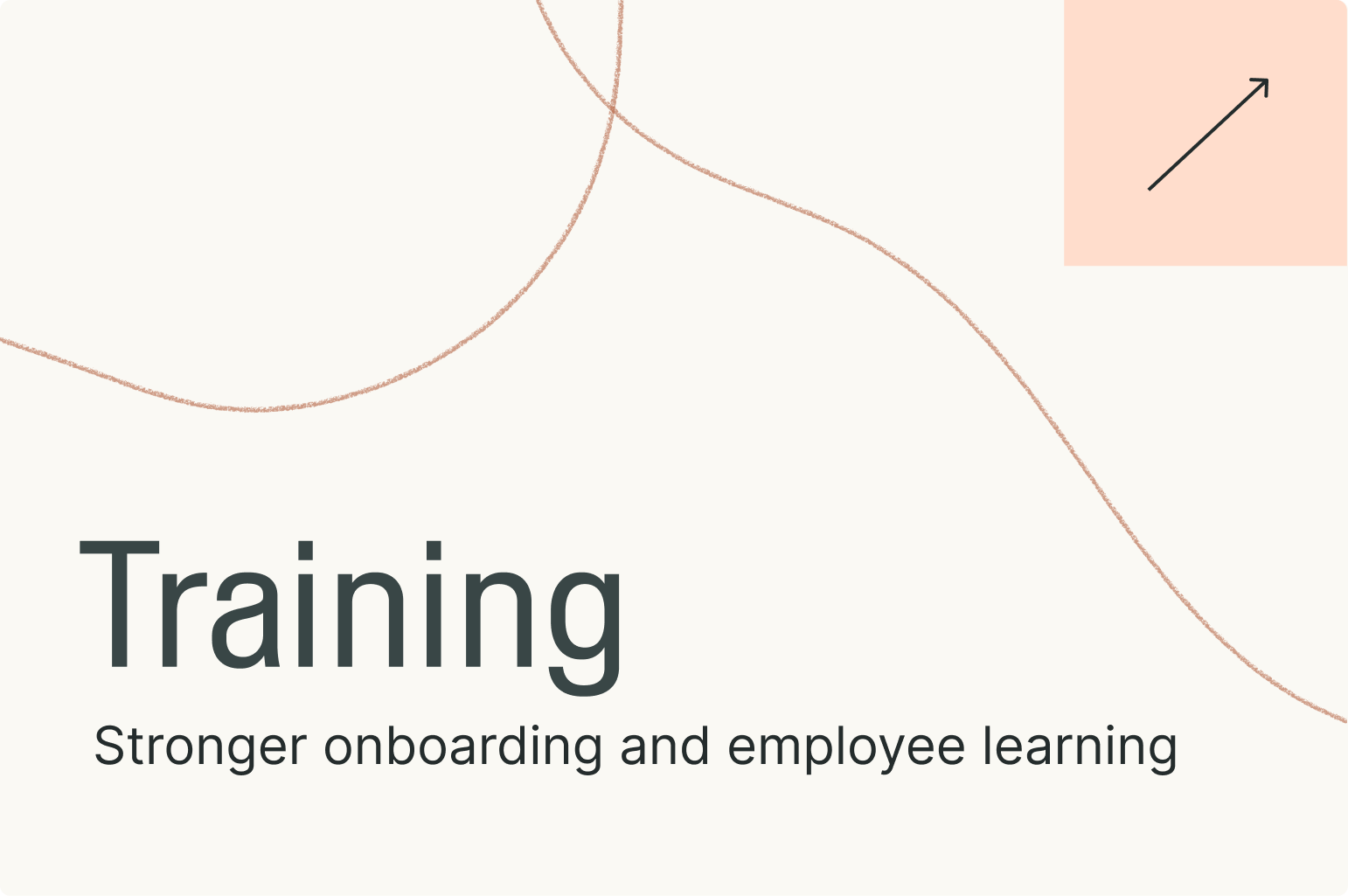Why employment contracts matter for your business

Employment contracts might seem like a formality, but for both employers and employees, they’re a foundational tool for clarity, security, and accountability.
These legally binding agreements define the working relationship—laying out expectations, obligations, and rights for everyone involved. When done right, they reduce ambiguity, mitigate risk, and build trust.
Here’s why employment contracts are critical for your organization and how they set the stage for better outcomes across your workforce.
1. Clarify employee responsibilities
A well-crafted employment contract should clearly outline an employee’s role, including their responsibilities, reporting structure, and key expectations. This clarity is essential during onboarding and beyond, helping employees understand where to focus and how success is measured. Without it, even the most capable hires can feel directionless or unsure of how to contribute effectively.
Clear role definitions also support managers in setting fair expectations and addressing underperformance consistently. When job duties and standards are documented, there’s less room for misunderstanding. Many contracts also include flexibility around performance-based benefits, such as bonuses, ensuring contributions and recognition stay connected.
2. Support job security and performance
Employment contracts outline the terms of the employment period, including any probation, performance reviews, or promotion timelines.
For employees, this transparency fosters security—knowing what to expect and how to grow. For employers, it’s a safeguard against confusion or disputes. Everyone is on the same page about expectations and consequences.
That security matters. A recent ADP study found that only 1 in 5 workers feel secure in their jobs. And in Australia, 88% of people see job security as a major concern. When employees feel uncertain, performance and retention suffer.
Contracts should also outline termination grounds and disciplinary procedures. This ensures both fairness and compliance with internal policies and legal requirements.
3. Align compensation from the start
Compensation misunderstandings are one of the top sources of workplace conflict. Your employment contract should clearly define:
- Base salary or hourly pay
- Payment frequency (weekly, fortnightly, monthly)
- Bonus structures or performance incentives
Getting this in writing protects both parties—and prevents avoidable friction down the line.
4. Establish leave entitlements
From annual and sick leave to parental or bereavement leave, employment contracts should document all applicable entitlements and how they’re applied.
Too often, vague or undocumented leave policies result in inconsistent practices. Even worse, some teams still view taking leave as a lack of commitment. In fact, 85% of employees have gone to work while sick, and 4% fear being judged by their manager for calling in unwell.
Your contract sets the tone. Clearly defined, equitable leave policies encourage a healthier, more sustainable workplace culture.
5. Protect confidential information
Many roles provide access to sensitive company data. Employment contracts should include confidentiality clauses to protect that information—and your business.
Standard clauses prevent employees from disclosing or misusing confidential information during and after their employment. Some may also include non-compete terms that limit working for direct competitors for a defined period.
While confidentiality may be more of a concern for employers, these protections are critical for maintaining trust and safeguarding your competitive edge.
Get your employee onboarding right
Employment contracts are more than just paperwork. They’re a cornerstone of a productive, compliant, and engaged workplace. For HR and L&D leaders, they offer a chance to set expectations early, prevent conflict, and protect both employees and the business.
Before your next onboarding cycle, review your contracts to ensure they reflect current policies and best practices. Your employees—and your organization—will thank you.
Want to streamline your onboarding and ensure every employee understands their rights and responsibilities? Book a Go1 demo to see how our platform supports HR compliance and onboarding with curated, easy-to-deploy content.
Related Articles

How Do You Improve AI Literacy in Your Organization in 2026?

Application Guide: How to use the Go1 AI for L&D Maturity Assessment to assess our workforce AI capability

AI upskilling made clear: A practical guide to building an AI-ready workforce

Go1 welcomes PepTalk

Train smarter, spend less
Train smarter,spend less
Connect with a Go1 expert to explore the best training options for your organization—no pressure, just solutions that work.